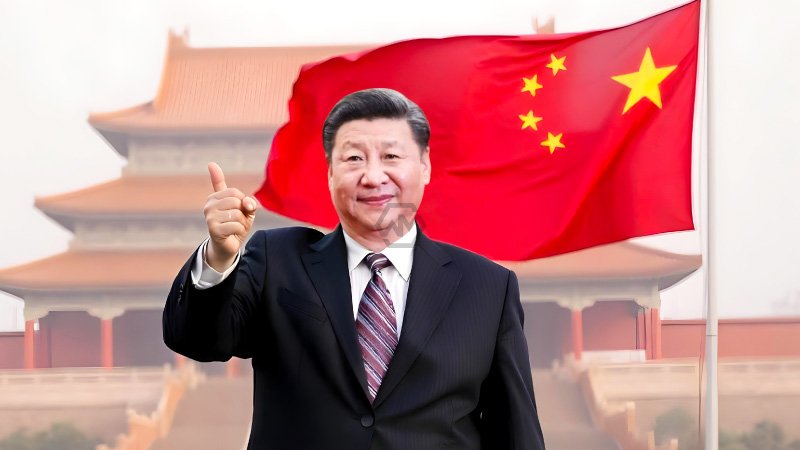- The US has imposed 10% tariffs on China over fentanyl-related concerns.
- China warns of counter-measures, calling US actions unjustified.
- Trade tensions could impact both economies and global markets.
China has strongly condemned the new US tariffs, arguing that they unfairly target its economy under the pretext of addressing fentanyl production.
With the US maintaining a massive trade deficit with China, the tariffs could strain economic ties further. The Chinese economy is already facing stagnation, and additional trade barriers may slow down its recovery efforts while also raising costs for American consumers.
US-China Trade Battle Intensifies Over Fentanyl Dispute
The latest tariffs reflect Trump’s broader strategy of leveraging economic pressure to achieve political and policy goals. His administration has previously targeted other countries, such as Mexico and Canada, with similar measures.
China’s potential retaliation could include tariffs on US exports or restrictions on American businesses operating in China. The country’s economic challenges may limit its options, but Beijing has historically responded with strong counter-measures.
Beyond trade, this dispute feeds into broader geopolitical tensions, including China’s ambitions in the Indo-Pacific and its strategic interests regarding Taiwan. Economic setbacks could affect President Xi Jinping’s long-term vision for China’s global standing.
Meanwhile, the US is also focusing on illegal immigration as a justification for tariffs, signaling that economic penalties may extend beyond China. Trump’s approach continues to emphasize holding other nations accountable for domestic issues.
The US-China trade conflict is escalating, with potential repercussions for both economies and global markets. If tensions persist, diplomatic and economic relations could suffer lasting damage.
“Trade wars are not won, they are only lost.” – Ricardo Lagos



